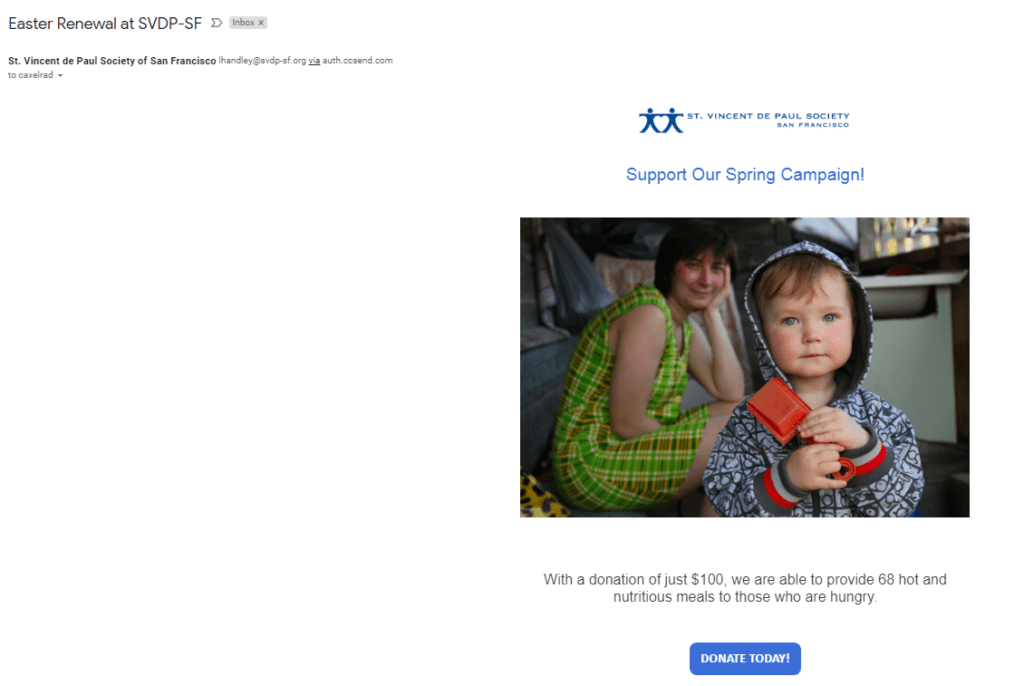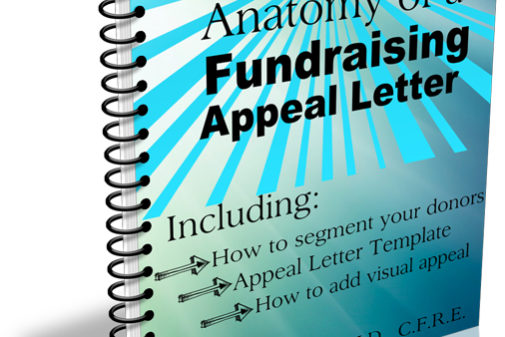NEW Feature: Fundraising Do’s and Don’ts — Spring Email Appeal
I’m offering a new feature of “Do’s vs. Don’ts.” I’ll run it occasionally, as ‘teaching opportunities’ arise. Please let me know if you find it useful!
Okay, let’s begin with today’s timely spring email example. Do you think it’s a “Do” or a “Don’t?”
What’s wrong/right with this picture? **

I’ll tell you my own thoughts in a moment. But first…
Think it through yourself because you’ll likely get more out of this if you do.
Seriously, I mean it. We learn best by doing.
Take five minutes and jot down your answers to the following questions on a piece of paper or your screen.
Details

